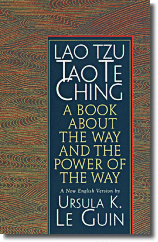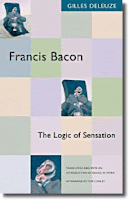Earlier this week I asked her what she was reading. Her reply:

Summers in hot humid hazy Virginia are made for reading. The book I have just read is Anthony Doerr’s Four Seasons in Rome: On Twins, Insomnia, and the Biggest Funeral in the History of the World. The twins, Henry and Owen, are Doerr’s and his wife Shauna’s; the insomnia is Doerr’s alone; the funeral was that of Pope John Paul. If I held the job of Subtitler to Excellent Writers, I’d have squeezed in there “on writing,” because Doerr captures so well the process of starting a book on one topic only to find that other interests powerfully assert themselves, and “on learning to see the world,” because the book exquisitely conveys the"Evolving God (Doubleday, 2007)," King explains, "explores the deepest roots of the human religious imagination, using the behaviors of African apesprocess of coming alive to one’s surroundings and seeing, really seeing, the little things in the natural world and the built one.
Before the Doerr, I read Caitlin O’Connell’s The Elephant’s Secret Sense, another non-fiction book. A scientist who worked for many years in Namibia in southern Africa, O’Connell writes compellingly on subjects ranging from encounters with lions to her discovery that elephants use their feet (yes, their feet) to communicate (for details, see my July features column at www.bookslut.com).
Don’t think I’m neglecting fiction! My friend Stephen, who has known me forever and well, insisted I read Jonathan Tropper’s The Book of Joe. It totally absorbed me. Joe, at 30-something, returns to his home town, his dying father, a friend who turns out too to be dying, his estranged brother, and his first and only love. How Joe finds a path back to himself is a story imagined with the best balance of dark humor, warmth, and Springsteen lyrics.I also read The Sea Lady, which may be my favorite-ever Margaret Drabble novel, and that’s saying a lot. The language shimmers, right along with the marine-biology theme. The story involves two English ex-lovers, now meeting again in their older age. Drabble enlivens Ailsa and Humphrey with such genuine human strengths and weaknesses, I was entirely happy living in their world for a few days.
OK, I’ve got to stop here: the 50 pages left to go in John Connolly’s The Unquiet are calling to me. As beautifully creepy, well-written thrillers go, this one in Connolly’s Charlie Parker series is way cool.
 (including empathy and compassion) as clues to the behaviors of early human ancestors, then tracing the development of religious ritual through the Neandertals through the cave artists of our own species."
(including empathy and compassion) as clues to the behaviors of early human ancestors, then tracing the development of religious ritual through the Neandertals through the cave artists of our own species."Salon published an interview with King about the central ideas in Evolving God, followed by an audio link at the end to an NPR interview.
The Page 69 Test: Evolving God.
My Book, The Movie: Evolving God.
--Marshal Zeringue





































